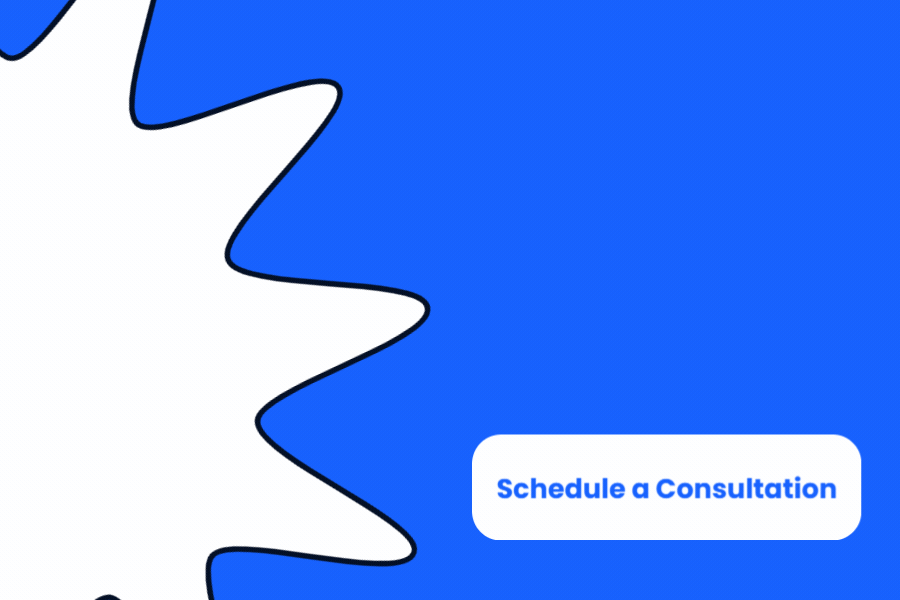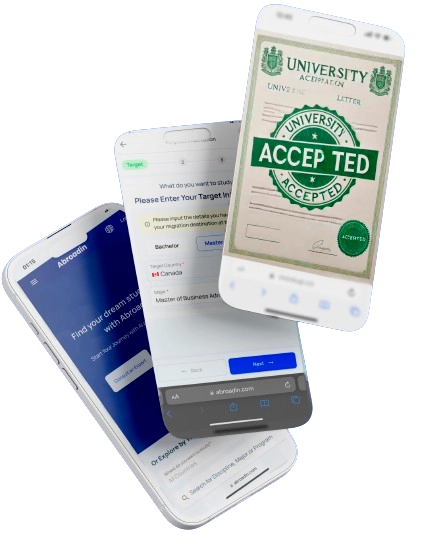

Are you preparing for the IELTS exam? These expert tips for IELTS cover all test sections, ensuring you are well-prepared. Follow these IELTS tips carefully to achieve your desired Listening, Reading, Speaking, and Writing scores. Whether for academics or career advancement, these tips for IELTS are your key to success. Let us get equipped with the best tips for IELTS excellence.
In this guide:
- Tips for IELTS Listening Exam
- IELTS Tips for Reading Exam
- Tips for IELTS Writing Exam
- IELTS Tips for Speaking Exam
- Conclusion

Tips for IELTS Listening Exam
- During the exam session, ensure your headphones are functioning correctly. If they are not, raise your hand to get help.
- If the exam center uses loudspeakers instead of headphones, ensure you can hear clearly. If not, raise your hand immediately and explain that you need it louder. Someone assists you in increasing the volume.
- Take advantage of the given time to prepare for the questions. Always read all the questions before the recording starts and take note of essential words. These keywords help you remember what to listen for.
- Answers to questions follow a sequence (question one, question two, and so on). Consider these IELTS tips when answering them.
- Mark essential words in the questions. Practice reading questions quickly and identifying keywords at home as part of your preparation. In the computer test, you can highlight words on the screen.
- Concentrate on listening for answers rather than trying to understand everything. You earn a point for each correct answer.
- Write your answers on your question paper while you listen. In the computer test, input your answers directly into the computer.
- Be mindful of how many words and numbers are allowed for each answer. Many people need to check this. For example, “12 students” counts as one word and one number, while “midterm exam” is two words.
- After the recording ends, you have 10 minutes to transfer your answers to the answer sheet in the paper-based test. You will only get 2 minutes to review your answers in the computer test.
- It is advisable to use all capital letters for your answers in the paper-based test to avoid issues with handwriting. It is not a concern in the computer test.
If you want to get more information about “a complete guide on PhD in Canada” read the article below👇🏼

IELTS Tips for Reading Exam
- Carefully read the instructions and note how many words are allowed for your answer. Remember, each word counts. For instance, “Student lounge area” is three words, and “notebook” is just one word.
- Every answer is worth one point, so spend only a little time on a single answer when you can find two easier ones in the same amount of time.
- Keep an eye on the clock to ensure you have enough time for the final passage. Plan for every step of the exam ahead of time using the mentioned IELTS tips in this article.
- You can approach the passages and questions in any order you prefer. It means you can skip questions and return to them later if needed.
- In the paper-based IELTS test, write your answers directly on the answer sheet; there is no time for transferring later. For the computer-based test, input your answers directly into the computer.
- Always take some time to analyze the questions before attempting to find an answer. More question analysis might lead to unnecessary back-and-forth between the question and passage, wasting valuable time.
- Be on the lookout for paraphrasing. Identify the keywords and key phrases in the question and pay attention to rephrasing or similar terms in the passage.
- Your goal is finding answers, not necessarily understanding the entire passage. Stay focused on your objective: finding as many correct answers as possible.
- It is advisable to use all capital letters for your answers in the paper-based test to avoid issues with handwriting. This concern does not apply to the computer-based test.
- Correct spelling is crucial; any spelling errors will mark the question as incorrect. You may use either American or British spelling, but avoid mixing them.

Tips for IELTS Writing Exam
- Allocate at most 20 minutes to the first task. Keep an eye on the time to avoid this mistake. The second task needs 40 minutes as it carries more marks and requires more words.
- Try to write over 150 words for task one and over 250 for task two.
- You do not have to manually count the words you have written—no need to add up the words or mention the count at the end of your essay. If you are concerned about word count, quickly count the lines and multiply by the usual number of words per line in your writing. In the computer-based test, you can see the word count on the screen.
- You can plan your essay on the question paper. No extra paper is provided for planning. The examiner will only assess your essay, not your planning. Planning is crucial because the examiner evaluates your chosen content, not just your language.
- Always include a clear overview for academic task one. For General Training Task One, ensure you address all the requested points in your letter.
- Always complete writing a conclusion for task two. Even if you have only 3 minutes left, use that time to write your conclusion.
- Organize your writing for both tasks into paragraphs. The use of paragraphs will be evaluated.
- Check your spelling. You can use either American or British spelling, but avoid mixing them. It is one of the most essential IELTS tips you may consider.
- Keep all the information you provide focused and relevant. Remember, more does not necessarily mean better!
- If you run out of paper, raise your hand and ask for more.

IELTS Tips for Speaking Exam
- Practice speaking in English before the IELTS exam. Practice sharing your thoughts on different topics and talking about your experiences.
- Remember this is an informal interview or chat with the examiner. So, be friendly and open in your communication.
- Be conversational. The more you are willing to use English, the better. Explain what you mean when necessary.
- Listen to the question carefully and answer it directly. Be straightforward. It applies to both part one and part three. For part two, you have time to prepare your answer.
- Enhance your answers by adding more information, such as details, examples, and descriptions. Keep speaking until the examiner indicates to stop.
- Avoid long periods of silence. There is never a good reason for your English to stop working during the test!
- Focus on something other than vocabulary. Vocabulary accounts for only 25% of your marks. However, make sure to use relevant vocabulary related to the topic.
- Idioms are not the key to a high score. Many candidates use idioms that need to be updated or updated. The examiner will take note if you use idiomatic language, but it does not necessarily mean idioms. Instead, use phrasal verbs like “calm down, bring up, work out, get over,” etc. Phrasal verbs are the best idiomatic language to use in the IELTS.
- One of the most essential IELTS tips is that the questions in this part are not meant to test your knowledge. Each question is simply an opportunity to display your English skills.
- You can use American or British English pronunciation or even a mixed accent. The key is to ensure your words are easy to understand.
If you don’t know how to choose where to study abroad, read this👇🏼
Conclusion
Mastering the IELTS exam is a possible challenge. With these carefully crafted tips for IELTS from Abroadin, you have a solid foundation to navigate the Listening, Reading, Writing and Speaking sections confidently.
Whether it is ensuring your headphones work, understanding word limits, or embracing conversational English during the Speaking test, these IELTS tips are designed to empower you on your journey to success. Good luck!


How useful was this post?
Click on a star to rate it!
Average rating 5 / 5. Vote count: 3
No votes so far! Be the first to rate this post.








No comment yet, add your voice below!